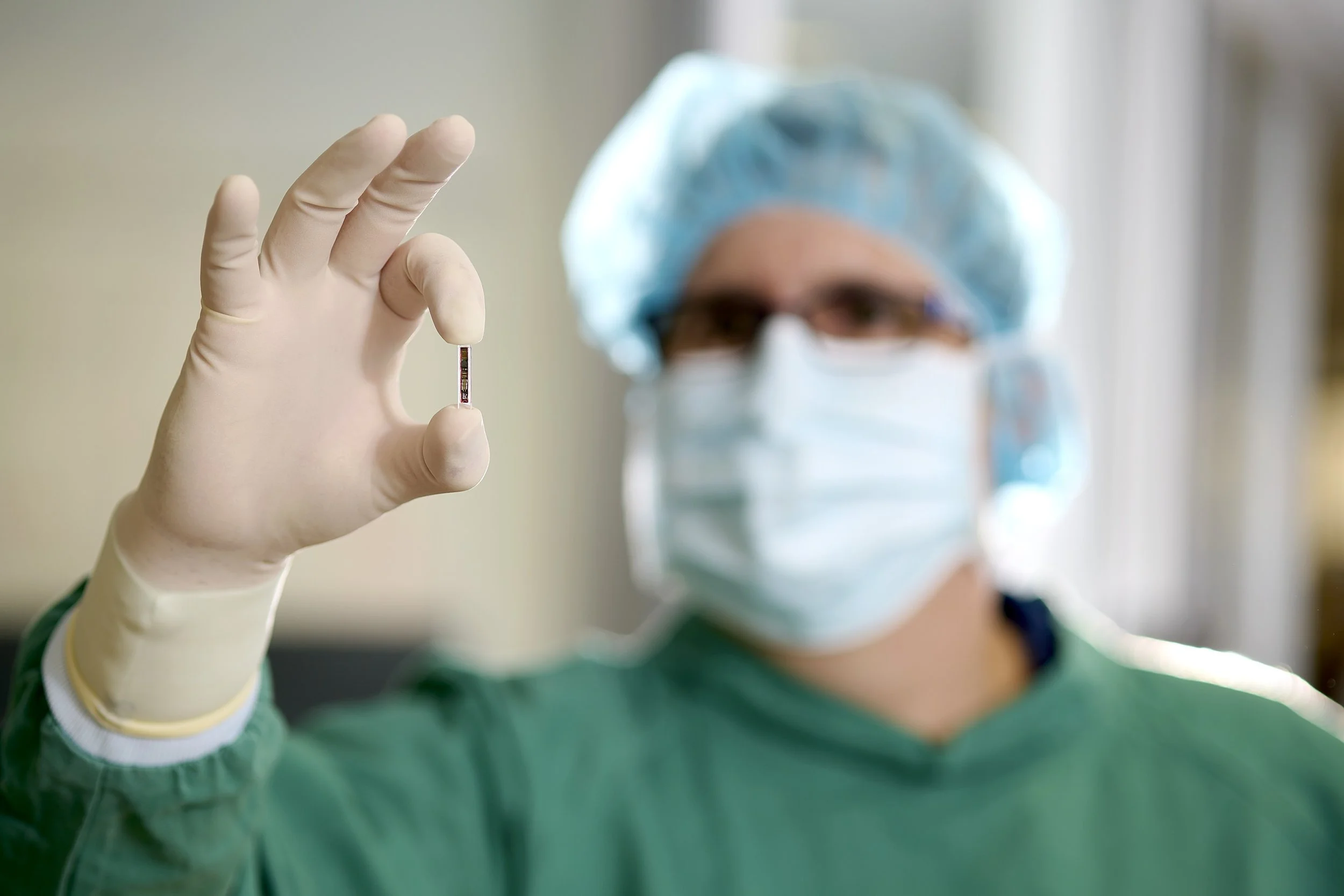
Kitea Health is a Tāmaki Makaurau based medical device technology company developing a miniaturied wireless pressure sensor implant for managing hydrocephalus (excess cerebrospinal fluid in the brain).
Why we invested
Currently, hydrocephalus patients rely on shunts to drain fluid, but shunt failures are common (~50% fail within 2 years) and often go undetected until serious symptoms arise. Kitea’s implant can be placed inside the skull alongside a shunt and allows at-home intracranial pressure monitoring via a handheld wireless reader or “wand”. This enables proactive care – patients or caregivers can quickly check if a shunt is malfunctioning - indicated by rising pressure - instead of rushing to the hospital for every headache.
We see Kitea as a game-changer for hydrocephalus patients and especially for those from for whom accessing the health system is especially challenging. For such groups the inequities are especially stark for those managing complex, high-burden conditions like hydrocephalus. Without culturally safe, accessible, and empowering tools, families are often left navigating uncertainty, delayed care, and the emotional and financial stress that comes with it. Kitea’s technology addresses these challenges head-on, restoring agency to patients and improving system responsiveness.
Transaction Summary
IRIS+ is a set of generally-accepted system created by the Global Impact Investment Network (GIIN) to standardise impact metrics and themes.
Measuring What Matters
Families of children with hydrocephalus face constant uncertainty due to ambiguous symptoms and frequent emergency visits, creating significant emotional, cultural, and financial strain. Many caregivers reduce or leave work to monitor their children, often avoiding healthcare due to past unsafe or disempowering experiences. This uncertainty burdens the health system through unnecessary ED visits, delayed interventions, and resource strain, ultimately worsening outcomes and perpetuating inequities—especially for Māori and Pasifika communities.
Kitea’s real-time intracranial pressure monitoring device improves hydrocephalus care by reducing unnecessary hospital visits, enabling early intervention, and improving outcomes. It empowers patients and whānau with knowledge and control, easing stress and uncertainty.
Hydrocephalus affects many disabled people, young children, and their whānau, with Māori and Pasifika disproportionately presenting later to hospital and being overrepresented in admissions, despite similar prevalence across communities.
Scale: Number of hydrocephalus patients with shunts and Kitea device.
Depth: Decreased risk of adverse effects stemming from shunt failure / patients not being admitted to hospital because of false alarms / patients managing their condition better
Duration: Benefits of the device are experienced over patient lifetimes as the device remains implanted.
Kitea’s non-invasive, continuous monitoring empowers Māori and Pasifika communities—often facing delayed diagnoses—to engage with healthcare on their own terms. By validating symptoms and enabling proactive care, it reduces inequities and improves outcomes for those most often underserved.
Evidence risk: Evidence of Kitea’s impact is limited, relying on trial insights and research on hydrocephalus to extrapolate its likely benefits for priority communities.
Inequity risk: Because the device will be distributed through a health system with a history of inequitable outcomes, equitable access for priority communities cannot be guaranteed. However, the team’s values-led, NZ-focused trial and regulatory approach helps mitigate this risk.
Impacts of enterprises on people and the planet can be understood across five dimensions, as defined by the Impact Management Project.






